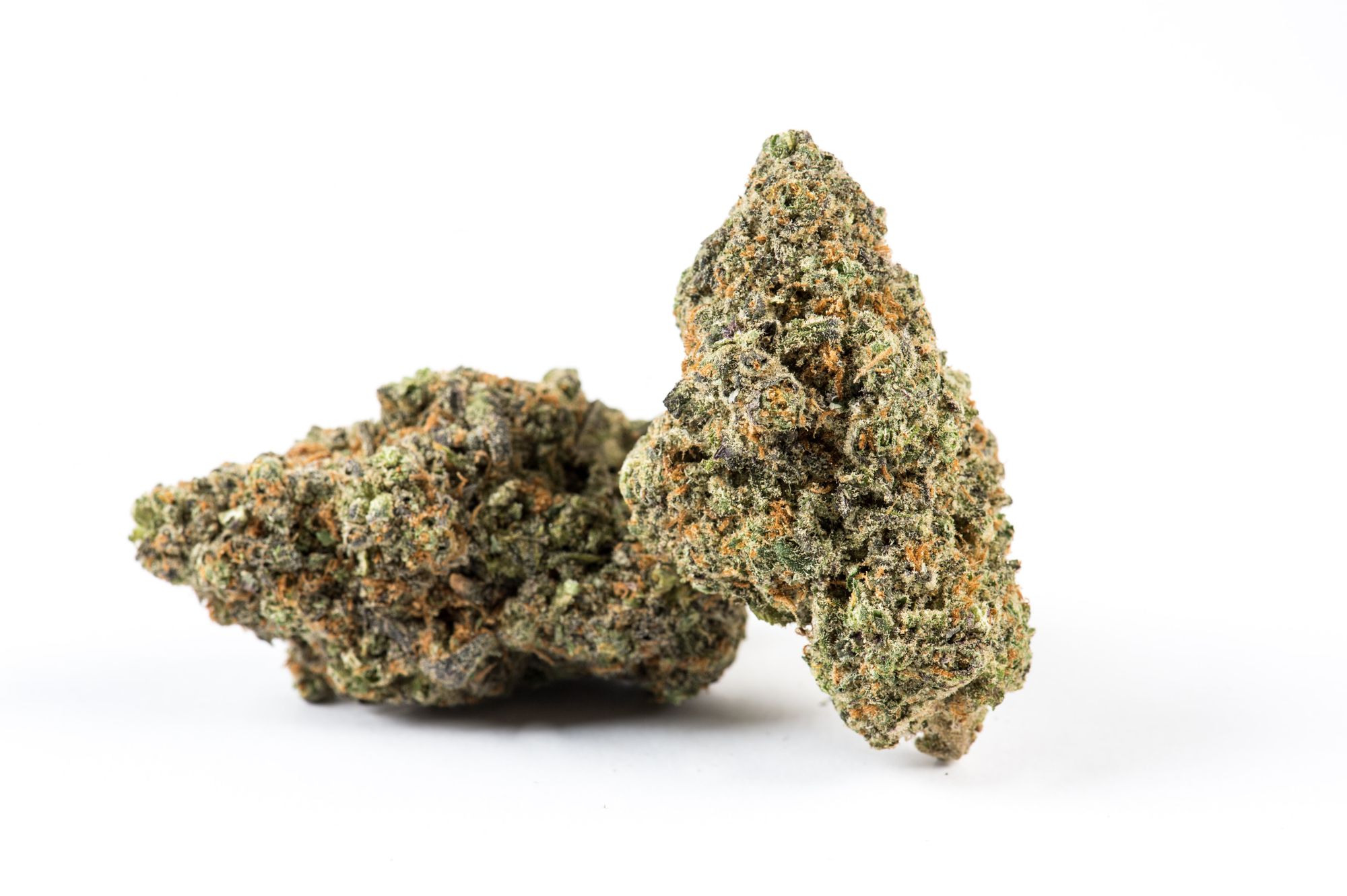Legalize Richland collected thousands of signatures for an initiative that would have allowed the citizens of Richland to vote on whether they wanted to have marijuana dispensaries in the city. In the process, we discovered that the majority of the councilmembers don’t care what the citizens think. In November, we can replace some of them. Don’t miss the opportunity.
Two of the councilmembers who voted to squash the initiative are up for re-election: Sandra Kent and Michael Alvarez.
Without any notice Council discusses the initiative
Council began the process for killing the 2018 marijuana initiative only two weeks after receiving petitions with 6000 names on November 6. The sponsors of the initiative, Legalize Richland — an arm of the Benton County Libertarian Party — received no notice that the issue would be discussed in the semi-secret, pre-meeting. The agenda only had two items listed: “Tourism Funding” and “Discuss Meeting Agenda Items.”
Legalize Richland had hope that because six years had passed with little controversy since the state legalized marijuana in 2012, Richland would be ready for change.
The pre-meeting
On November 20, at the pre-meeting, City Attorney Heather Kintzley passed around a document to each city councilmember that showed that the petitions had been validated by obtaining 2713 registered voter signatures. After a discussion, Kintzley took the documents from the councilmembers and put them face down on the table. The Observer was the only resident in attendance at this meeting.
At that time the council held the pre-meeting, public by law, at 7:00pm in a small room at Richland City Hall. It preceded the 7:30pm meeting held in the council chamber. The meeting in the council chamber was taped; the pre-meeting was not.
At the pre-meeting, councilmembers and staff sat around a table in the center of the room. A few chairs were provided for residents who wanted to attend but many people believed the meeting to be private.
The purpose of the pre-meeting was so that staff could gauge if opinion had changed since the council voted to opt out of allowing marijuana sales in 2014. Although the city councilmembers will quickly tell you that no votes are taken in pre-meetings or workshops, taking a count doesn’t always require raising hands or saying ‘yea’ or ‘nay’.
According to the Richland City Charter, Section. 3.08 Initiative, the Council had several options. They could approve changing the ordinances to allow the sale of marijuana, or they could allow the initiative to go to a vote. They had 90 days to hold a special election or 120 days if an election was coming up.
Mayor Bob Thompson recommended negotiating with the petitioners to save the city $90,000 by putting the initiative on the ballot during the February special elections.
Back in 2014, when the motion to allow marijuana sales failed by a vote of three to two, Thompson had supported sales. Sandra Kent, along with former Councilmember Greg Jones, had been absent for the vote. Uber-conservative councilmembers Brad Anderson and Terry Christensen had voted (predictably) against sales, as had Phil Lemley.
Councilmember Ryan Lukson, newly elected in 2017, supported Thompson.
Without anyone raising their hands, the vote was five to two against marijuana sales.
The 7:30 council meeting
At the end of the 7:30 p.m. council meeting, during the time set aside for the city manager’s comments, Reents said that the council had been given an update on the marijuana initiative. She added, “I wanted be able to say this on camera, that we have a draft certificate of sufficiency.” She went on to read the information provided to the council in the pre-meeting.
The decision
At the December 4 council meeting Kintzler made the arguments that the petition failed the legal test because it attempted to establish zoning in the city, a power the state reserves for the elected council. According to Kintzler, it also violated the state’s prohibition against multi-subject initiatives because it changed the zoning and then allowed for the sale of marijuana.
At that meeting, Lukson offered a motion to put the initiative on the November 2019 ballot. With only the support of Thompson, Lukson re-worded his motion to call for a council workshop discussion of the matter. That motion passed unanimously.
Legalize Richland could have sued the city to put the initiative on the ballot, but that would have required money for attorneys that the group didn’t have.
The city still prohibits the sale of marijuana.
Your city council matters
Do you want change in the Tri-Cities? Voter turnout can make a huge difference. Only 37.7% of registered voters — 15,199 out of 40,240 — voted in the August primary. Ballots will be mailed in the middle of October for the general election. Drop yours in a designated box or mail it at least a week before the November 2 election day.
Every vote counts!!
Drawing on years of experience in the U.S. House and Senate, Randy writes a blog about area government agencies and city councils—and agonizes over every word (which drives her husband crazy). She says she hopes to live long enough to see a two-party system in Richland.
tricitiesobserver.com
Photo by Hakuna Matata on Unsplash


